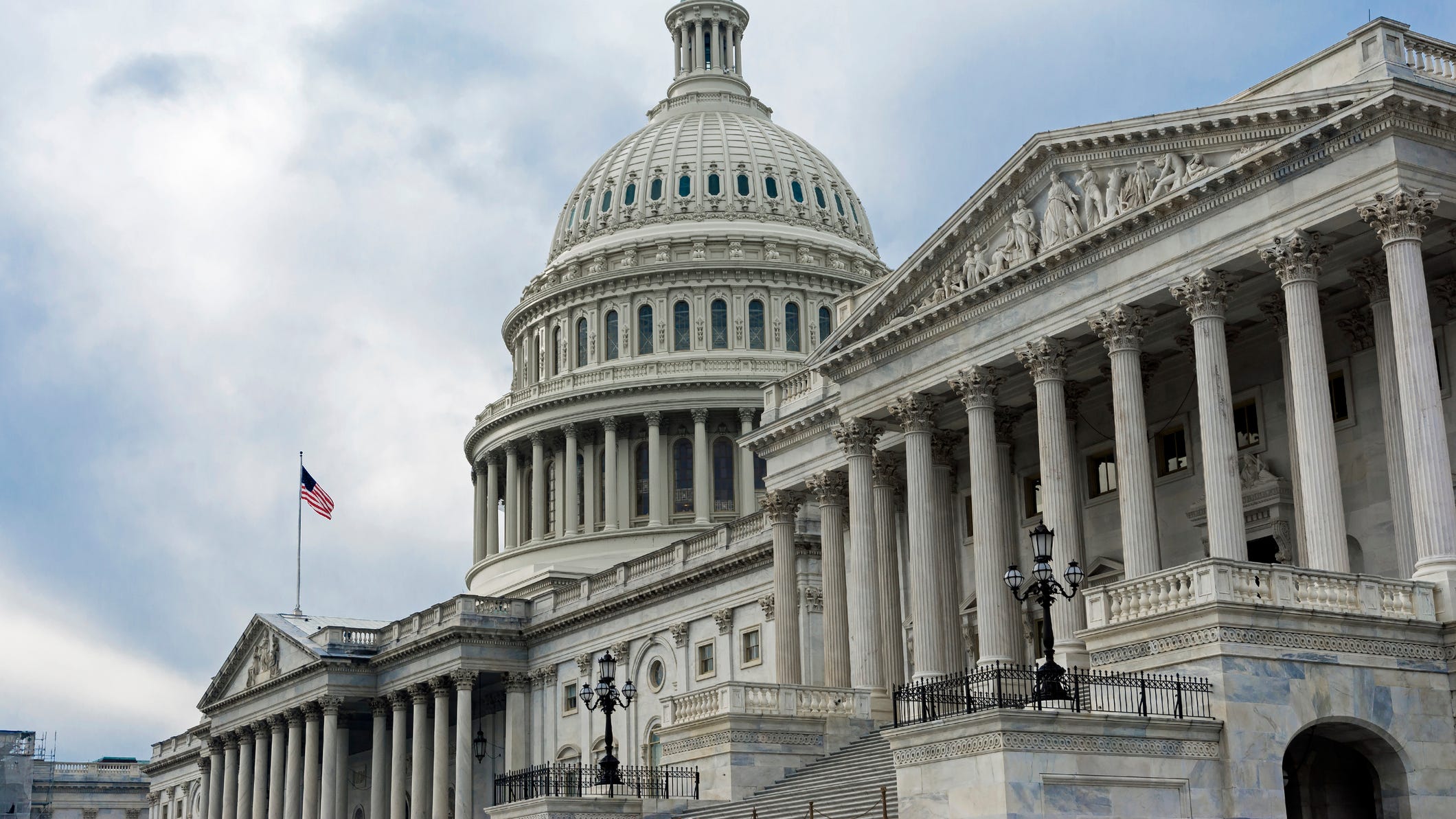The White House's tax bill will consider SALT (again). What could that mean for you?

As President Donald Trump’s sweeping tax bill inches through Congress, one of its key sticking points hits Americans directly where they live.
The state and local tax deduction – often abbreviated as SALT – was a political flashpoint in the passage of the 2017 Tax Cuts and Jobs Act and is shaping up to be so again in 2025. As many Americans struggle with higher costs for housing, property tax relief may be one means of easing the burden – even as some observers say taxpayers across the country shouldn’t be on the hook for decisions made in other states and localities.
SALT refers to the ability to deduct taxes paid to state and local governments from an individual’s federal tax bill. The 2017 legislation capped that amount at $10,000, an amount that many taxpayers in higher-tax states easily exceed.
At the time, government officials in Democratic-leaning states condemned the cap. Then-Gov. Andrew Cuomo of New York railed about “economic civil war” between the Republican White House and blue states. But now some blue-state Republicans in Congress have joined to support raising the cap from $10,000 to $30,000.
The bipartisan SALT caucus includes Republican members of Congress from New York, New Jersey and California – as well as Democrats from Illinois, Maryland and Connecticut.

“The current $10,000 cap unfairly penalizes middle-class families − cops, firefighters, teachers, nurses, blue-collar tradespeople − in high-tax states like New York,” wrote New York congressman Mike Lawler in a letter to the editor of The Wall Street Journal May 16.
“If you look at states like California, New York, New Jersey and so forth that get impacted by this, it's not 100% obvious why some of their amenities and other programs should be subsidized by folks in Ohio and Oklahoma,” said Kent Smetters, a professor at the Wharton School of the University of Pennsylvania and faculty director of The Penn Wharton Budget Model.
Smetters believes a key reason property taxes are so high in some higher-income states is protective zoning, which privileges existing homeowners at the expense of new development. “The so-called 'NIMBY-ism.' Zoning alone in those states drives up property values and drives up property taxes.”
But as Lawler’s op-ed notes, many of those states are “donor” states, sending more money to the federal government than they receive in the form of spending.
Some advocates note that property owners around the country stand to benefit if the cap were raised or eliminated, no matter what state they live in. An analysis from the National Association of Realtors, a lobby group, found that 9.4% of all taxpayers across the country claimed the SALT deduction in 2022. The analysis also shows a breakdown for each congressional district in every state around the country.
It's important to note that the legislation is still far from the finish line. Once it gets through the gauntlet of the House, it is expected to go through committees and then a floor vote in the Senate. The policy details may be tweaked at any point along the way.
No matter how popular the idea of an expanded deduction may be, Smetters believes few taxpayers actually benefit from it now, given other changes that were made at the same time to the alternative minimum tax and the marginal tax rates.
What’s more, he said, the cost in lost tax revenue to allow the cap to rise to $30,000 would be $225 billion over 10 years, roughly comparable to the costs of no tax on overtime, no tax on tips and no tax on auto loan interest, other provisions in the overall proposed bill.
Will the tax bill be passed into law?
William Gale, co-director of the Tax Policy Center, a joint venture of think tanks the Brookings Institution and the Urban Institute, believes lawmakers will reach some compromise to continue some sort of cap, because passing no legislation would result in the deduction reverting to unlimited.
“It seems like there will be room for a compromise,” Gale told Paste BN.
Yet the overall legislation is likely to be a negative for the housing market, Gale noted. A May analysis from the nonpartisan Budget Lab at Yale found that the tax bill under consideration by the House would add $3.4 trillion to the debt over the 2025-2034 window and $15.3 trillion from 2025 to 2055.
“The indirect effect of this is that the deficit will raise interest rates and that will flow through to the mortgage markets,” Gale said. “It’s hard enough in the housing market with interest rates where they are now.”
The 2017 legislation prompted many residents of higher-tax states to prepay their 2018 taxes in 2017. A similar push may take place this year. Some financial advisers are already counseling clients to consider paying state and local taxes in early January 2026, when the expanded cap may be in effect.